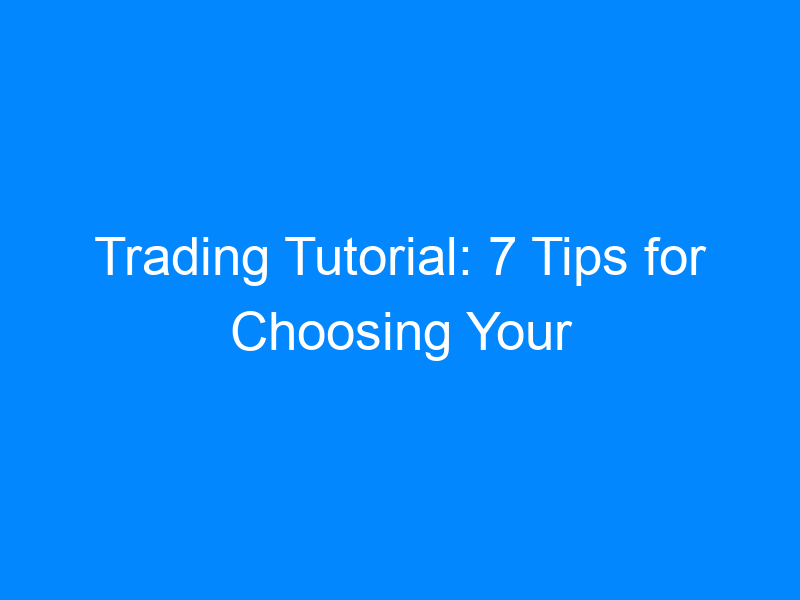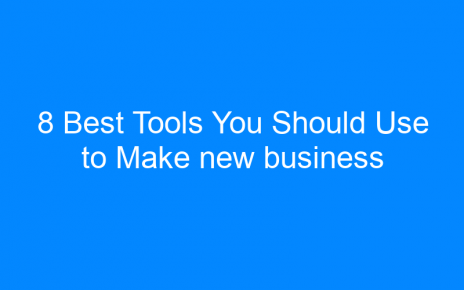“Most CFD trading processes require a counterparty risk or brokers,” this statement is debatable among CFD traders. Some traders would say that CFD brokers acting as counterparty risk would cause problems on conflict of interest because the rules of trading will depend on the broker’s conditions. These groups also say that a transaction with the broker is very similar to gambling where the card dealer always wins so as to get a lot of money from the client. Contrary to these statements, a trader who believes on the other side of the coin would defend brokers and say that brokers are not the villains of the trade. As a matter of fact, these groups (brokers) aim to practice clean transactions because their goal is to have a long-term “client-trader” relationship. Besides, brokers already earn enough money from spreads and volumes. If you are a trader and you wish to find a tutorial on how to avoid a malpracticing broker, then you better read on. Here are 7 tips to help you find your suitable CFD broker.
- Know your must-pay fees and other charges
A newbie trader should know that trade execution fee is a must-pay thing but there are also other brokerage fees that need to be paid. These include minimums, margin accounts, withdrawal fees and interest rate. When looking for your preferred broker, you have to make sure that they don’t charge beyond the trading CFD conditions that are stated in your contract.
- Familiarize yourself with the trading fee structures.
All brokers device specific processes on how fees are done. Some of them have structures that are hard to understand yet some have structures that are almost perfect. We suggest reviewing your contract before dealing with it. Check the legitimacy of an unusual payment structure and make sure that it suits your interest and style of investing. Here’s another hint, reading the fine print of account agreement and summary of fees will help you find out any hidden charges.
- Match your broker to your investment preferences.
Both the trader and a “buy and hold” investor have respective brokers that complement their styles. A trader who is into short term transactions should find a broker with affordable execution fees as these fees play a major role on your trading CFD expenses.
- Consider your broker’s range of trading instruments.
In the case of CFD trading, a good broker is someone who could offer a wide range of markets for transactions as this allows you to make more profit by taking the advantage of simultaneous deals in several markets.
- Consider brokers that offer several trading accounts.
Having multiple trading accounts also means more opportunities to gain profit. Thus, a suitable broker gives you an option to avail of multiple accounts with higher protections, greater leverage or spreads, and different ranges of instruments.
- Check leverage allowances
Some goods are traded with leverage so it is advised that you ask if your prospective broker offers a favorable leverage allowance. This will help you manage both your trading account and position well.
7.Understand order executions and slippage
A trader should know that some brokers may insert a lot of delays in order which causes huge slippage. Make sure that your broker doesn’t trade against you by means of front running orders,providing asymmetric slippage,citing false market rates and other unusual events.
Conclusion:
The search for the best broker is really as tough as reading what lies inside the mind of a human being. It involves thorough research and analysis of their track record as well as client reviews and testament. Thus, we advise you not to rush your selection because it takes time to pick the most suitable trading partner that could help increase your chances of having a profitable position in the market.




